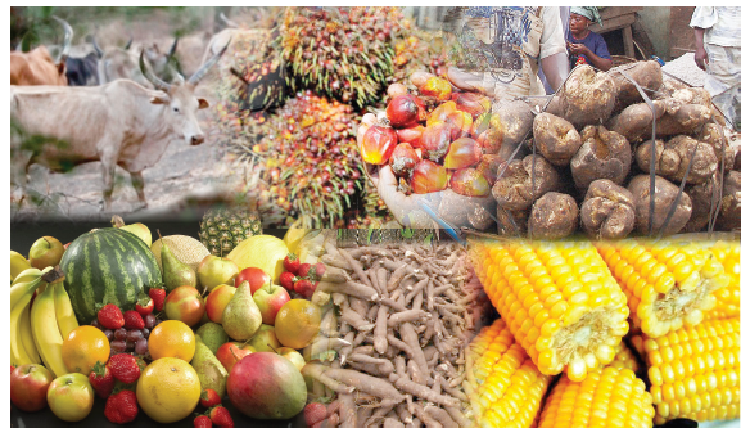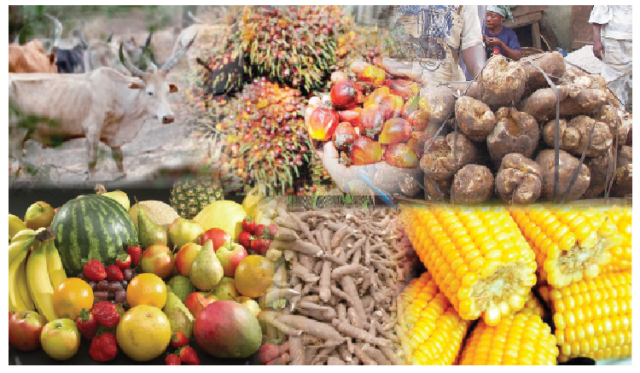
Nigeria’s food inflation rate surged to 21.79% in February 2021, which is the highest rate recorded in Nigeria since October 2005—exactly 15 years and 4 months ago.
The February 2021 CPI and Inflation Report as released by the National Bureau of Statistics (NBS) revealed that the rise in the food index was caused by increases recorded in the prices of bread and cereals, potatoes, yams, and other tubers.
Also, the increase in the prices of meat, food products, fruits, oil, and fats, vegetables, and fish contributed to the recorded spike in the food inflation rate.

The persistent increase in inflationary pressure, especially food inflation, can be attributed to the closure of land borders in 2019 which was further affected by the outbreak of the covid-19 pandemic in 2020.
A cursory look at the historical data shows that Nigeria’s food inflation rate has witnessed persistent increase since September 2019, which was around the time President Muhammadu Buhari ordered the closure of land borders in the country. It is however, worth noting that the President ordered the reopening of the land borders in December 2020.
Food inflation rate in Nigeria: What you should know
- Nigeria experienced a recurrent negative food inflation rate in the year 2000, which led to the deflation of the headline inflation during the first quarter of the year. It however began to spike exponentially in 2001, reaching as high as 39.53% in September 2001.
- In August 2019, the Federal Government announced the partial closure of its land borders against all illegal food importations and later in October 2019, halted all forms of trade via its land borders. This resulted in a steady increase in the food inflation rate.
- While the border closure caused food prices to increase, the outbreak of the covid-19 pandemic in 2020 further contributed to the increased food inflation rate.
- The covid-19 pandemic necessitated the Federal Government to declare a nationwide lockdown as a measure to curb the disease in the country. Also, the pandemic invariably caused the crash of oil prices and Nigeria’s export earnings.
- The fall in foreign earnings led to CBN’s devaluation of the naira twice in the year as it could no longer sustain the exchange rate at N306/$. The devaluation and depreciation increased cost for producers/suppliers which was subsequently transferred to customers, thereby increasing the cost of food items.
The average annual rate of change of the Food sub-index for the twelve-month period ending February 2021 over the previous twelve-month average was 17.25%, 0.59% points from the average annual rate of change recorded in January 2021 (16.66%).
Notably, in February 2021, food inflation was highest in Kogi State (30.47%), Ebonyi (25.73%) and Sokoto (25.68%), while Gombe (19.32%), Bauchi (18.74%), and Akwa Ibom (18.70%) recorded the slowest rise in year on year inflation.
Food inflation rate in Nigeria: What this means
It is evident that Nigerians are spending more on food items despite low yields on investments and increased unemployment in the country. Recall that Nairametrics had reported that Nigeria’s unemployment rate rose to 33.3% as of Q4 2020, indicating an increase in spending and reduction in purchasing power.
Source: Nairametrics







